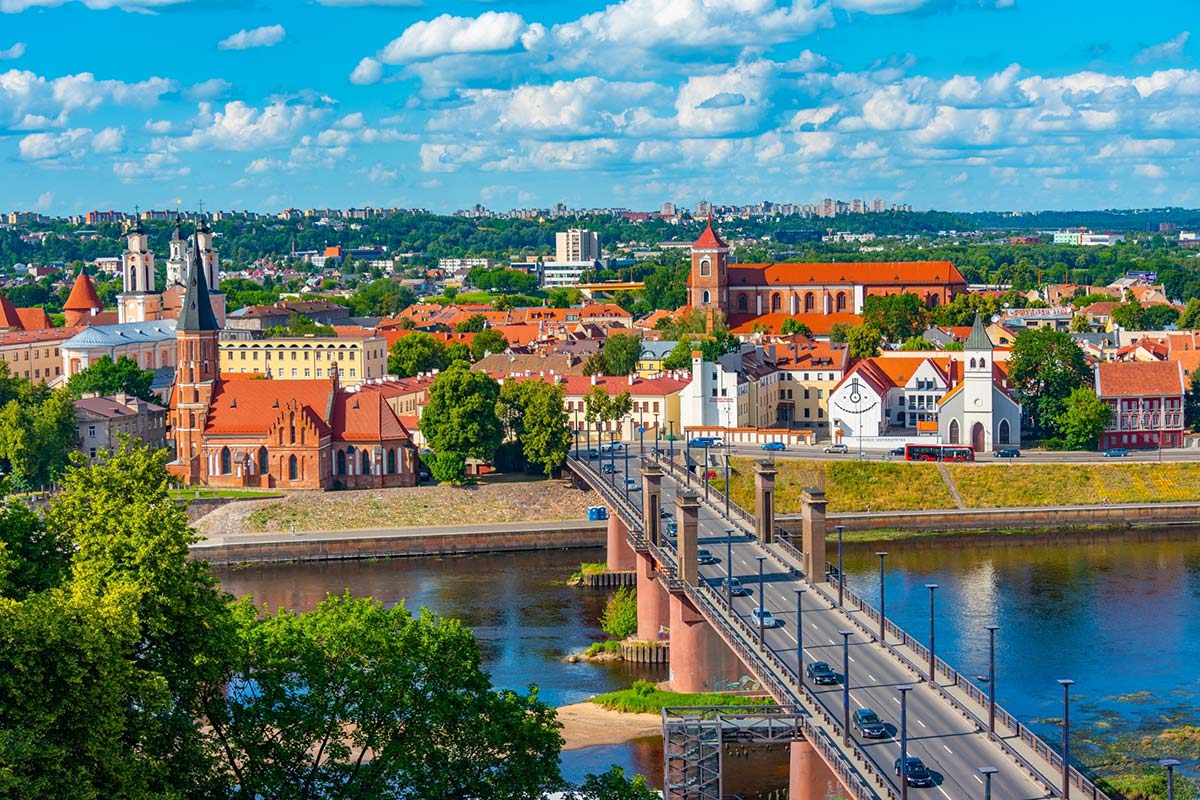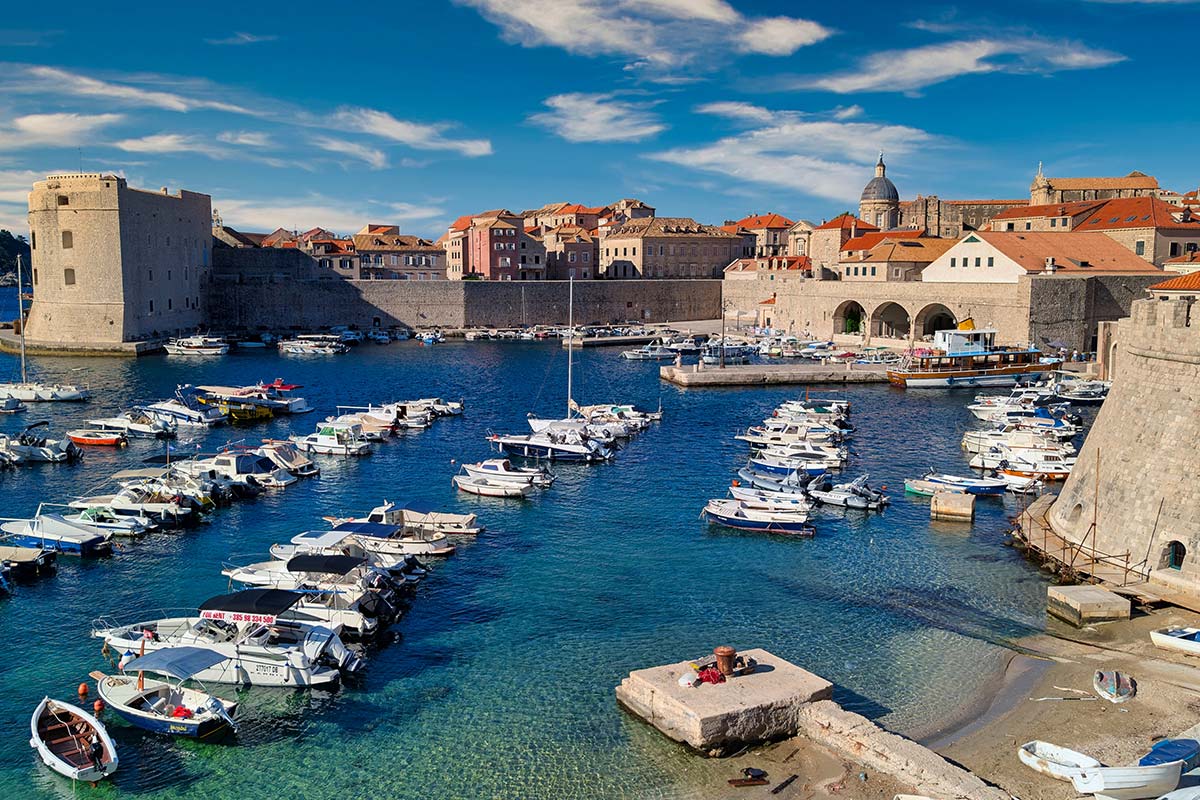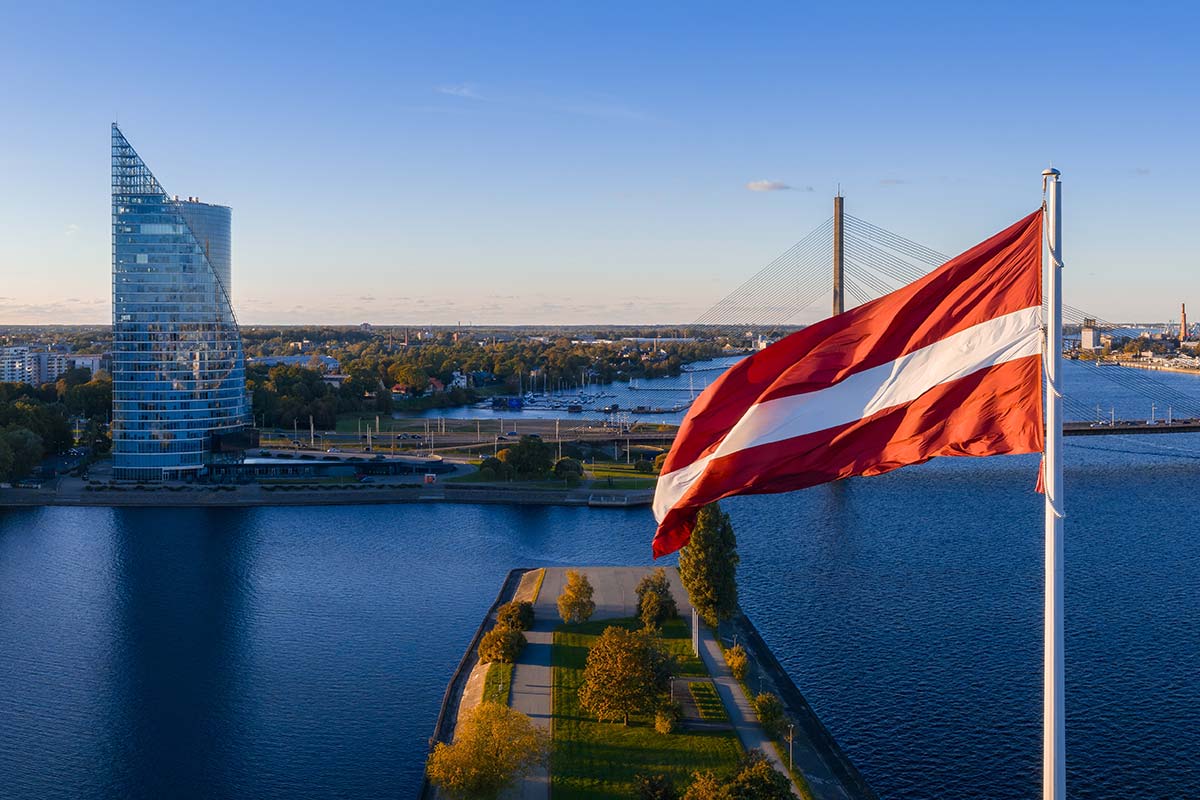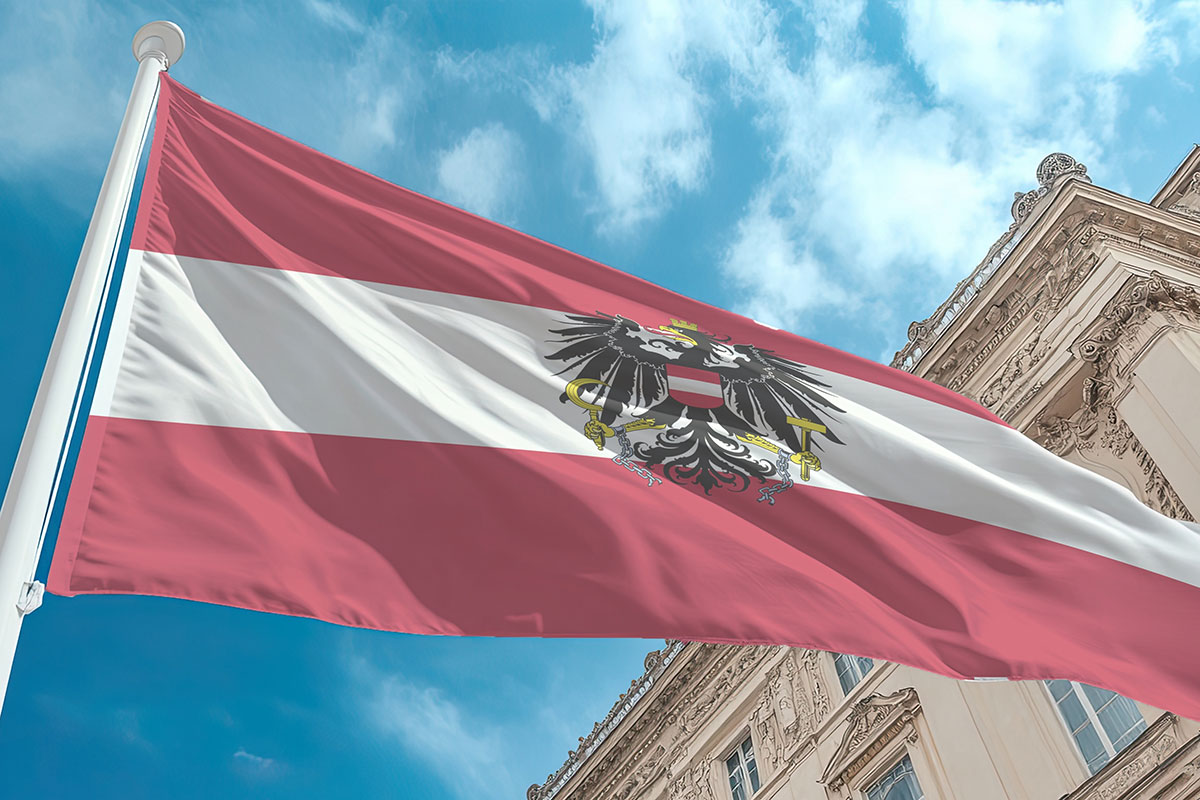Content
A residence permit in Europe is a temporary authorization that allows a foreign national to stay in a European country with the right to engage in specific activities. Resident status, confirmed by a residence permit card, is the first step toward obtaining citizenship through naturalization. This document enables access to full banking and healthcare services, allows family reunification, and makes it possible to enroll children in local educational institutions. A residence permit issued by an EU country can eventually lead to European Union citizenship, granting the right to unlimited residence and the ability to build a business or career under preferential conditions in any EU member state.
A residence permit can be obtained by proving eligibility on various grounds, such as employment, entrepreneurship, education, family reunification, investment, or other criteria depending on the laws of the specific country. Depending on the legal framework and the existence of a visa-free agreement, the applicant may or may not need to obtain an entry visa in advance. The application must be submitted to the authorized authority, with all legal requirements fulfilled. In some cases, the residence permit can be requested from abroad through a consulate, with the card issued locally after entering the country.
A passport from any EU country opens up unrestricted opportunities. In some countries, it is possible to acquire it through a fast-track program in just one year, without the need to first obtain a residence or permanent residence permit.
We will assess your eligibility for simplified citizenship, explain the legal nuances, advise you on how to use your new status, and guide you through every step. Request a personalized consultation with an immigration lawyer.
What a Residence Permit in Europe Offers
Temporary residency in a European country grants a foreign national the right to:
- Reside in the country where the residence permit was issued, for the duration of the document’s validity, with the ability to travel abroad.
- Travel without a visa within the Schengen Area for up to 90 days, if the country of residence is part of it.
- Enroll children in local educational institutions.
- Use European banking services, including fast account opening and access to credit.
- Purchase real estate, including with mortgage options.
- Engage in the activities allowed by the specific type of residence permit.
- Eventually obtain permanent residency and/or citizenship — and if the issuing country is an EU member, also an EU passport.
How to Obtain a Residence Permit in Europe
The ways to obtain a residence permit in the EU are classified according to the type of activity a migrant plans to carry out in the host country. For example, an applicant can receive a residence permit by signing an employment contract with a local company, investing in a business, undergoing treatment in a European clinic, or planning to live as a retiree.
It is also important to note that any type of residence permit may be issued with or without the right to work. For instance, residency granted through family reunification typically includes the right to work, while students are usually allowed to engage in limited employment. Many countries also offer special residence permits for financially independent individuals who have sufficient means to support themselves — in such cases, employment or business activity within the host country is not permitted.

Residence Permit Through Business Establishment
European countries are actively interested in attracting foreign capital into their economies, which is why most of them offer residence permit programs based on business activity. Each country has its own specific procedures, but typically, the applicant must first receive approval for a business plan from a designated national authority (in the case of launching a new venture) and provide proof of sufficient financial resources.
Among the notable programs is France’s French Tech Visa, which grants residence permits to founders of innovative startups who secure endorsement from an authorized body and meet the necessary financial criteria. Another attractive option is relocating to Serbia after establishing a business — if the applicant has sufficient funds, they may immigrate together with their family. Neither France nor Serbia sets a fixed minimum investment amount as a requirement for obtaining residency in these cases.
Residence Permit Through Investment
Investment-based residence permit programs are available only in select European countries. The process for obtaining resident status through this method can follow a general or country-specific procedure, depending on local legislation. Typically, it involves contributing a designated amount to approved public sectors or commercial projects within the country, along with proof of the legal origin of the funds.
In some European countries — such as Austria and Hungary — wealthy foreign nationals can immigrate under the status of financially independent individuals (FNI) without investing directly into the local economy. Applicants must demonstrate a stable income that meets government-defined thresholds and must not engage in profit-generating activities within the host country.
Residence Permit Through Real Estate Purchase
Obtaining a residence permit based on real estate acquisition is available only in a limited number of European countries. In general, owning property in a country does not grant any special immigration privileges. However, in countries like Spain, Portugal, or Bulgaria, purchasing a property above a specified value can qualify a foreign national for a residence permit. The procedure for issuing a residence permit based on property ownership depends on national legislation—it may follow the standard application process for residence or involve a separate legal pathway.
Student Residence Permit
Obtaining a residence permit by enrolling in a higher education institution is a standard and widely recognized legalization pathway across Europe. Applicants must prove that they have been admitted as students and have sufficient financial resources to support their stay in the host country during their studies. In most cases, payment for the upcoming academic program is required before the residence permit can be issued.
The student residence permit is typically granted for the expected duration of the study program or for one year with the option of renewal. If the applicant is under 18 at the time of university admission, parental consent is usually required. In some countries, such as Denmark and Hungary, graduates may extend their stay to search for employment after completing their studies.
Travel freely to over 170 countries
Residence Permit for Medical Treatment
In some European countries, it is possible to obtain a residence permit for the purpose of undergoing long-term medical treatment in a local clinic. These permits are typically issued for the estimated duration of treatment or for a maximum of 1–2 years and may or may not be renewable. A residence permit based on therapy is granted if the applicant provides an official invitation or confirmation from a medical institution stating the diagnosis and treatment plan, along with proof of sufficient funds to cover medical expenses and living costs during the treatment period.
Family Reunification
Generally, the spouses and minor children of citizens or residents of a European country are eligible to join their family members. Applicants must provide proof of family ties, while the sponsoring individual must demonstrate financial stability and access to adequate housing to accommodate and support their relatives. The validity of the residence permit is typically aligned with the sponsor’s current residency status, depending on the laws of the respective country.
EU Blue Card
The EU Blue Card is a special residence permit that grants the right to work and live in an EU country for highly qualified non-EU professionals. This type of residence status is designed to attract skilled labor to the European job market. Despite its name, the Blue Card is issued by individual EU countries and is valid only within the issuing country.
According to standard criteria, applicants must hold a higher education degree and have a job offer with a salary that is at least 1.5 times higher than the national average in the relevant sector. The EU Blue Card is issued for a longer duration than a regular residence permit (up to 4 years) and is available in 25 EU countries (excluding Denmark and Ireland).
Where You Can Obtain an EU Residence Permit
It is important to distinguish between a residence permit in Europe and one specifically in the European Union. In the first case, it typically refers to permission to stay in a European country geographically located on the continent, which may or may not be part of the EU. The second case refers to obtaining a residence permit in a country that is a member of the European Union. While the rights granted by a residence card apply primarily within the issuing jurisdiction in both scenarios, holding a residence permit from an EU member state eventually gives the holder the right to apply for EU citizenship — unlocking broader benefits such as freedom of travel and residence across the entire union, and favorable conditions for building a business or career.
There are standard pathways to obtaining residency, such as employment, study, or family reunification. However, some countries also offer unique legalization options tailored to specific categories of applicants. Below are the most common and attractive routes to residency, with the countries listed in order of appeal to migrants based on the company’s experience.
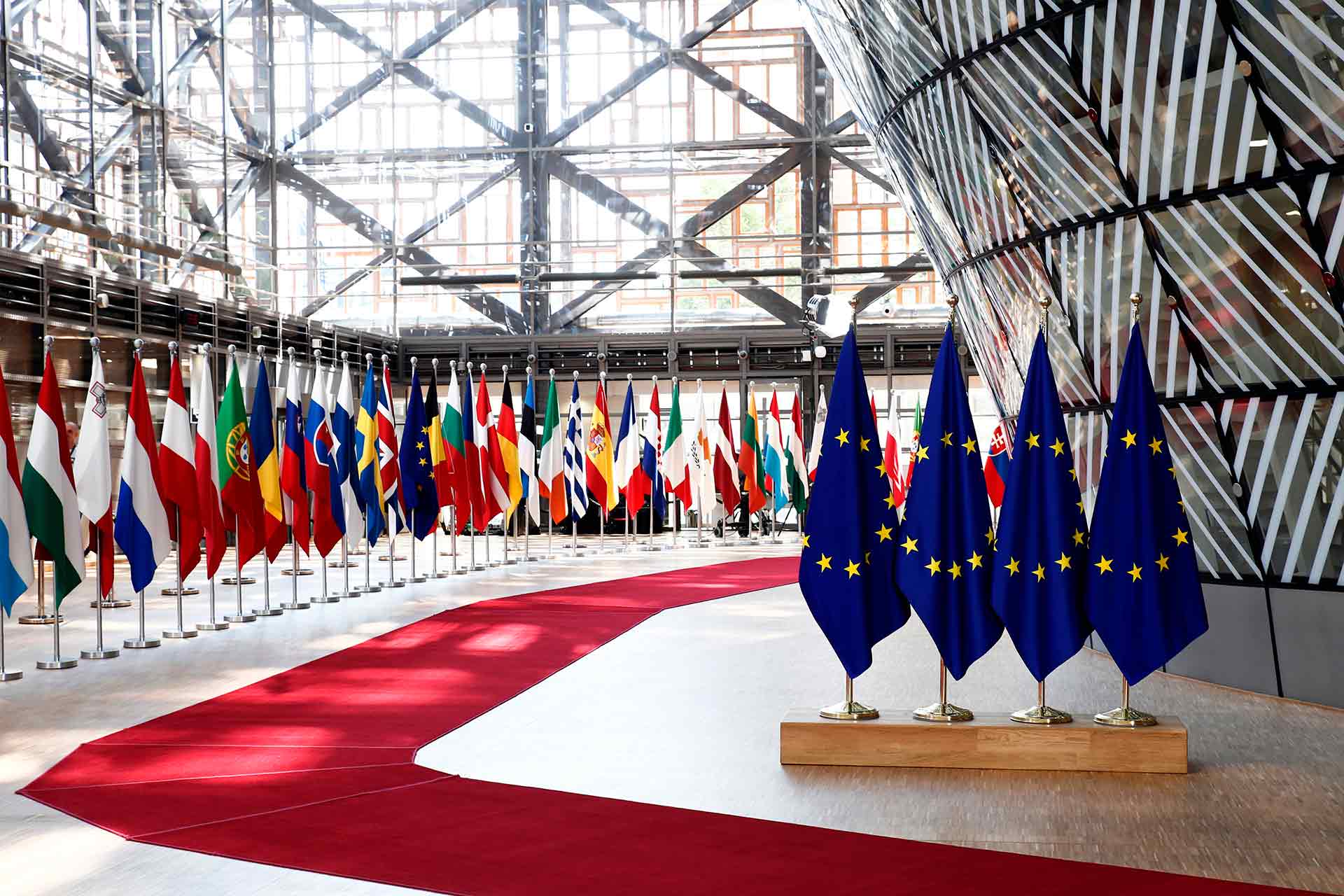
France
The most popular way to obtain a French residence permit is through the «Talent Passport» program. This opportunity is available to a specific list of individuals, including startup founders, investors, and qualified employees of companies recognized as innovative by the Ministry of the Economy. Each applicant category has its own set of requirements — for example, securing approval for a startup idea, investing at least €300,000, or signing an employment contract lasting at least three months with a high salary. The «Talent Passport» residence permit is issued for a period of 4 years and may include family members — spouses and underage children — in the main applicant’s application.
Hungary
In addition to standard immigration routes like employment, Hungary offers a residence permit for individuals earning income through partial ownership in a local company. There are no mandatory business investment thresholds, but applicants must prove financial self-sufficiency and submit documentation such as business registration, a business plan, and tax authority records.
Romania
Obtaining a Romanian residence permit based on business does not require a minimum investment. Applicants must receive a technical opinion from the Ministry of Entrepreneurship (MMACA), register a commercial entity, and show financial means for living in the country (€500 for associates and €700 for shareholders). Romania is also popular for its simplified citizenship program, which allows individuals to obtain an EU passport in as little as 12 months without prior residence or meeting naturalization criteria.
Bulgaria
Applicants can obtain residency in Bulgaria by registering a business and creating at least 10 local jobs, with no minimum investment required. Up to three individuals may qualify as representatives of a foreign company operating in the country. Bulgaria also offers an investment program requiring a minimum of €306,800 in real estate or €127,900 in a company based in an economically underdeveloped area, with ownership of at least 50% and the creation of at least five jobs.
Latvia
Latvia offers multiple investment-based residence permit options — into share capital of a joint-stock company (€50,000+), real estate (€250,000), a Latvian bank (€280,000), or government bonds (€250,000). In all cases, applicants must demonstrate financial means to reside in the country — for instance, €1,860 for property owners or €620 for bank investors.
Germany
Germany provides residence permits to self-employed individuals seeking to develop a business locally. This applies to company founders, sole proprietors, managing directors, and corporate representatives. Applicants must prove the economic benefit of the project to the country by presenting a detailed business plan and financing proposal. Academic or professional qualifications must also be documented.
Greece
Greece grants residence permits for real estate purchases starting at €250,000 or €500,000, depending on the location. Applicants must prove property ownership and pay a €2,000 government fee. The permit is valid for 5 years and can include family members.
Spain
Spain runs attractive investment programs that facilitate obtaining a residence permit. A 3-year permit can be secured through investments of €500,000 in real estate, €1,000,000 in shares, funds, or bank deposits, or €2,000,000 in government bonds. Alternatively, applicants can register a business by demonstrating industry experience and presenting a business plan and funding sources. There is no minimum investment threshold for company registration.
Lithuania
Startup founders can obtain a Lithuanian residence permit upon receiving approval from the national innovation agency. Initially issued for 2 years, the permit can be extended for another 3. Applicants may relocate with family members (spouses, underage children, and dependent parents), all of whom can apply together.
Malta
Malta operates a startup residency program for non-EU migrants. Applicants may receive a 3-year residence permit, renewable for up to 5 additional years, during which they are expected to develop their innovative project. This competitive program offers access to grants, business support services, and guidance.
Portugal
Portugal is a leading EU country in terms of investment programs. Residence permits are available through capital transfers starting from €1.5 million, the creation of 10+ jobs, property purchases from €280,000, or transferring €250,000–500,000 into various sectors. Investors must reside in Portugal for at least 7 days in the first year and 14 days in subsequent years. These permits lead to long-term residency and citizenship.
Finland
Finland issues residence permits to entrepreneurs after they secure approval from Business Finland. Applicants must present a viable business plan and confirm access to funds for both business development and personal living expenses. The applicant must own at least 60% of the company to obtain a positive decision.
Czech Republic
Residence permits in the Czech Republic can be issued to individuals participating in business corporations as partners, statutory body members, or other corporate roles. A work permit and proof of professional qualifications are required, similar to standard employment-based applications.
Estonia
Foreign nationals can obtain Estonian residence permits through business investment. Applicants must invest at least €65,000 into company capital and provide a business development plan. For sole proprietors, a minimum investment of €16,000 is required.
Residence Permits in Non-EU European Countries
There are several countries in Europe that are not part of the European Union but offer attractive residency programs and are considered appealing for migration. Some of these nations have prospects of joining the EU in the near future, while others are well-established, economically strong, and recognized global leaders — offering comfortable living conditions for residents.
Serbia
For foreigners, one of the easiest ways to obtain residency in Serbia is by registering a company or purchasing an existing business in the country. There is no government-imposed minimum investment required to qualify for a residence permit. The initial permit is issued for up to one year and can be renewed. Spouses and minor children may apply alongside the main applicant. The immigration process includes opening a bank account, registering the company with the relevant authorities, tax office, pension fund, and insurance agency, followed by submitting a residency application.
Montenegro
Property owners in Montenegro — whether of homes, villas, apartments, or commercial premises — can apply for a residence permit regardless of the property’s value. Applicants must meet basic requirements, including financial self-sufficiency, and provide proof of property ownership. Co-owners are also eligible for residency, provided they own at least 50% of the property.
Albania
In Albania, individuals can apply for a residence permit for self-employment. There is no set minimum investment requirement to qualify, but applicants must first obtain a permit confirming their entrepreneur status. The right to conduct business is limited to the sector, region, and work conditions specified in the government-issued authorization.
How Much Does It Cost to Obtain a Residence Permit (RP) in Europe
Calculating the exact cost of obtaining a residence permit based on one of the standard grounds can be difficult. Applicants must pay the legally mandated administrative fee for issuing the residence card in the selected country, along with expenses for document translation and legalization. Additional costs will depend on factors like rent, insurance, food, and lifestyle — which vary widely by country and city of residence.
When applying through one of the investment-based residency programs, however, the financial requirements are more transparent and predictable, as the minimum investment thresholds are clearly defined.
Here are examples of typical financial requirements for obtaining residency through investment in various European countries:
- France — €300,000 for investors under the Talent Passport program.
- Bulgaria — €127,900 for establishing a local company.
- Latvia — €50,000 for company registration.
- Greece — €250,000 to €500,000 for purchasing property (depending on location).
- Ireland — €400,000 via charitable donation.
- Spain — €500,000 in real estate investment.
- Italy — €250,000 to launch a startup.
- Luxembourg — €500,000 to start a business.
- Portugal — €250,000 investment in cultural heritage preservation.
- Estonia — €16,000 for registering as a sole entrepreneur (self-employed).
- Turkey — €50,000 or €75,000 in residential real estate.
- North Macedonia — €40,000 in real estate purchase.
- United Kingdom — €2,326,400 in government bonds.
- Andorra — €50,000 for entrepreneurial activity.
- San Marino — €500,000 via real estate purchase.
While many of these investment programs demand significant financial contributions — from tens of thousands to several million euros — they also come with varying levels of flexibility and long-term benefits.
However, it’s important to note that some countries offer simplified citizenship programs, which are not only more affordable but also grant full legal rights immediately — unlike residence permits, which come with certain restrictions. If your budget is limited, these streamlined citizenship options may offer a faster and more cost-effective pathway to full EU integration with broader opportunities.


